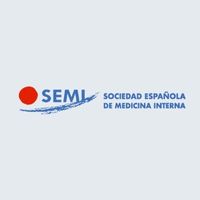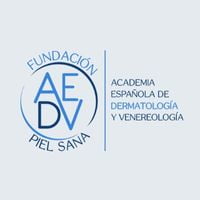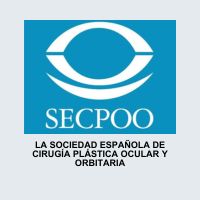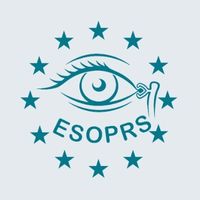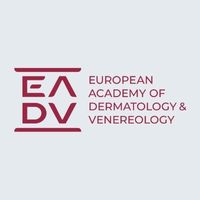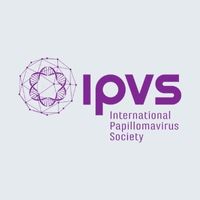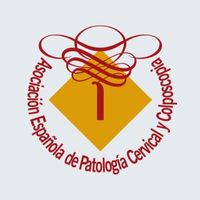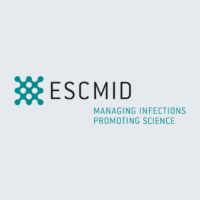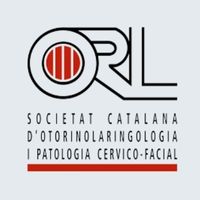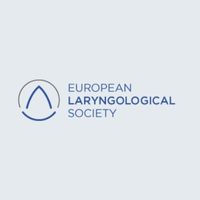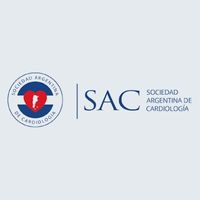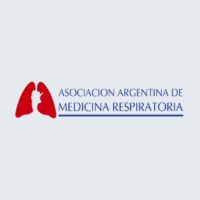Are you looking for an American and English-speaking dermatologist to treat your skin conditions in Barcelona?
Have you noticed the appearance of a protrusion, redness or itching on your skin, or an increase in the size of a mole, or unusual hair loss? Make an appointment now with one of our American and English-speaking doctors.
Located in the heart of Barcelona, our clinic welcome you for all your needs in terms of prevention, diagnosis and treatment of skin, hair and nail problems, in children as well as in adults.
Why consult a dermatologist?
Consult a dermatologist as soon as you notice anything abnormal on your skin: acne, mole that changes appearance, abnormal hair loss, skin irritations... This specialist is generally advised by your doctor, but you can also consult without prescription.
Fast track your treatment
To book an appointment or speak with one of our friendly team, please get in touch using the options below.
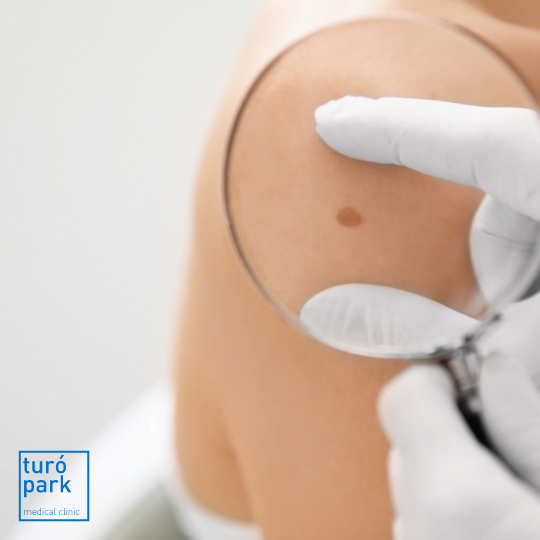
Our dermatology services
Moles screening
Annual checks of moles and the whole skin are recommended, especially for people with fair skin or a family history of skin cancers.
Treatment of Hyperhidrosis
If you are looking for a solution to stop your excessive sweating, don't hesitate to make an appointment now with one of our dermatologists.
Treatment of warts
Skin warts are particularly common, especially in children and immunocompromised individuals. If you wish to have them removed, our dermatologists can offer you a suitable solution.
Cryotherapy
Our dermatologists offer cryotherapy sessions to treat various types of skin lesions such as spots, warts, skin growths, and other benign lesions.

Treatment of molluscum contagiosum
Molluscum regresses spontaneously within 1-2 years but can also be treated to prevent the spread of molluscum contagiosum and to reduce self-contamination.
More info
What are the most common skin problems?
Dermatological diseases are ranked fourth in the world among the pathologies that most affect the quality of life. Some are mild, some are recurrent, some are more serious.
Here are the most common:
Eczema is a condition that causes inflamed, itchy, cracked, and rough skin. Eczema can show up anywhere on your skin. In teens and adults, it’s typically found on your hands, neck, inner elbows, ankles, knees, feet and around your eyes.
The exact cause of atopic dermatitis is not known, but researchers believe it may involve genetics, the environment, and/or the immune system. Treatments may include medicines, skin creams, light therapy, and good skin care.
You can prevent some types of eczema by avoiding things that irritate your skin, such as certain soaps, fabrics, and lotions.
Rosacea is a chronic inflammatory skin condition that usually affects the face. Common symptoms include facial flushing, raised, red bumps, facial redness, skin dryness, and skin sensitivity.
The exact cause of rosacea is unknown, although a number of possible factors have been suggested, including abnormalities in the blood vessels of the face and a reaction to microscopic mites commonly found on the face.
Rosacea cannot be completely cured, but certain treatments, such as laser and pulsed light, can greatly reduce redness.
Acne, the most common skin disorder in Europe, can be a source of anxiety for every teen. Plus, the incidence of acne is growing in adults, too.
It occurs when the pores of your skin become blocked with oil, dead skin, or bacteria. The most common spots where you might have acne are your face, forehead, chest, shoulders and upper back.
Acne treatment by a specialist is important because acne left unchecked can often lead to permanent scars and dark facial spots.
To treat acne scars, laser and pulsed light can be used.
Warts, also called viral papillomas, are benign skin lesions, i.e. not serious, corresponding to growths of skin. There are several techniques to remove the lesions, such as cryotherapy, but it is impossible to completely get rid of the virus.
Children and newborn skin care and prevention
Babies' skin is thinner, more fragile and more sensitive than adults' skin. It is also less resistant to bacteria and triggers that can irritate skin (e.g. wool, heat).
The skin includes a barrier that prevents the loss of too much moisture, and protects the skin from harmful germs or irritants. Appropriate cleansing, moisturising and sun protection will help maintain your baby's skin barrier, and prevent skin problems in the future.
It's best to use skin care products made specifically for babies or kids, such as fragrance-free and tear-free shampoos, bath gels, and lotions. With each one you use, be watchful of your child's reaction in case they are allergic.
In general, babies younger than 6 months should be kept out of direct, per the American Academy of Pediatrics (AAP). But you can apply sunscreen with an SPF of at least 15 on small areas of the body, such as the face, for babies younger than 6 months and all over for older babies.
We take care of your skin.
Our dermatologists welcome you for personalized care of all your skin, hair and nail problems.
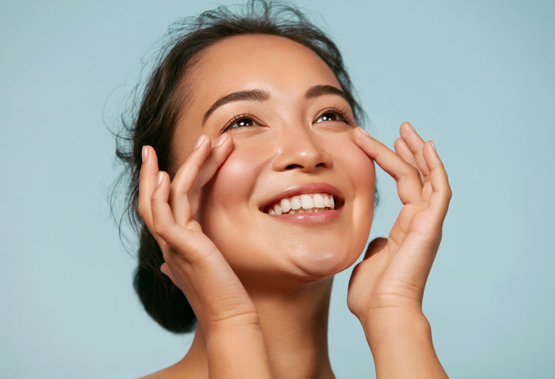
Our Tips for Taking Care of Your Skin
As the largest organ in the human body, the skin plays a fundamental role in protecting the body and therefore it is important to take good care of it. To help your skin face external aggressions, stay beautiful and in good health, here are some tips from our specialists:
Cleansing forms an important part of any skincare routine. Washing your face helps to get rid of germs, dust, dirt, makeup, oil and other impurities that get accumulated on your face throughout the day.
Know your skin type and choose a cleanser that’s a good match. If you have dry skin you’ll want to avoid cleansers with high alcohol content. People with oily skin need a cleanser with a lower PH level. For sensitive skin you’ll want a basic cleanser free from heavy fragrance and additives.
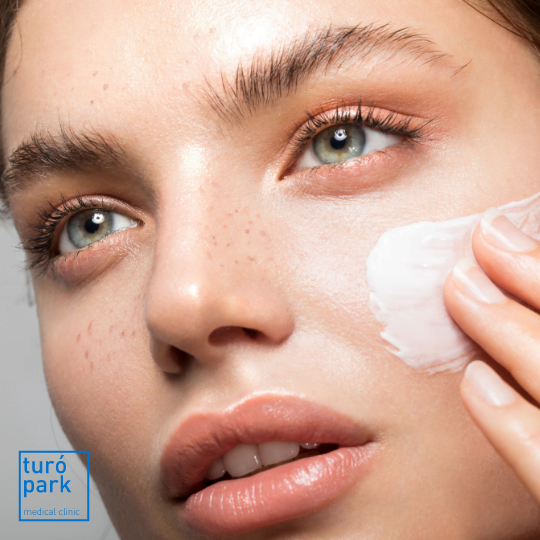
Our American and English-speaking dermatologists
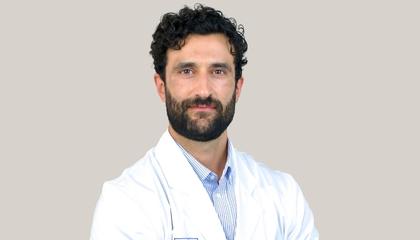
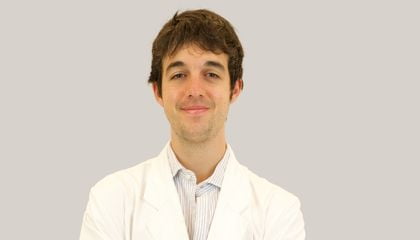
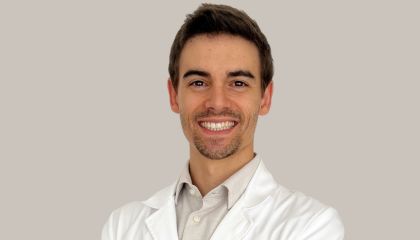

Our answers to the most frequently asked questions about dermatology
How do you know if a mole is dangerous?
Should you wash your face with soap?
How often to see a dermatologist?
Medical societies and organisations
